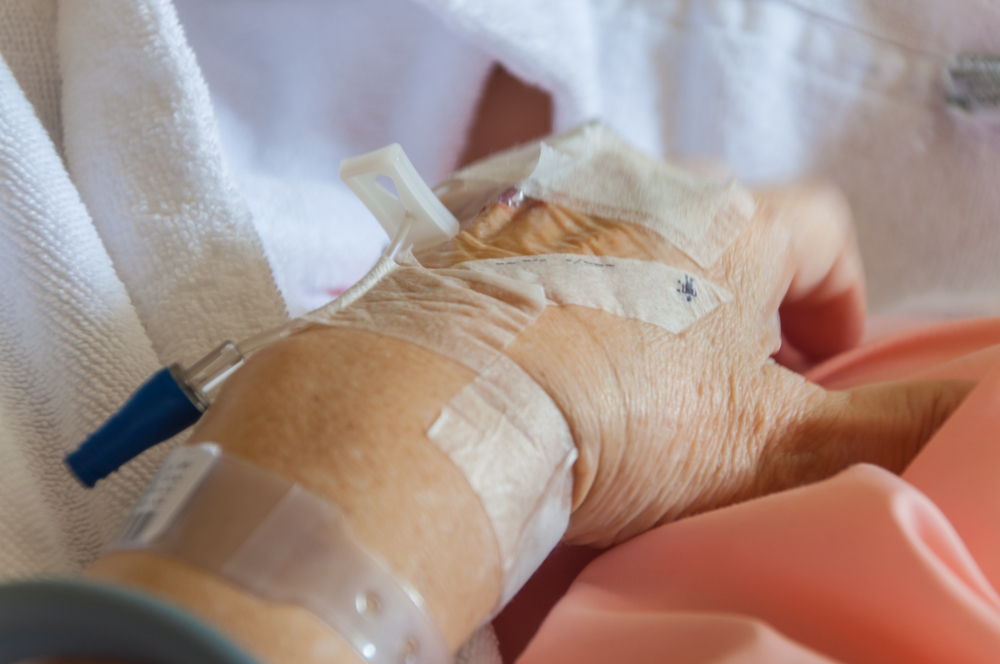Francesca suffered a psychiatric injury following the sudden death of her mother in hospital.
One day Francesca noticed that her mother looked unwell. She reported this to staff at the aged care facility where her mother lived. Over the following days, Francesca’s mother developed a fever, low blood pressure, a cough, a cold sore on her lip, dizziness, agitation and delusion. She was shivering despite having a temperature of 38.5 degrees.
Despite her worsening condition, the aged care facility did not arrange for a doctor to review her.
Several days later, Francesca voiced her concerns about her mother’s treatment. The aged care facility finally contacted the GP. Despite the nature of the complaint, the G.P. did not examine Francesca’s mother or advise the aged care facility to call an ambulance for her. Instead, he prescribed an antibiotic.
The following day, Francesca’s mother’s health continued to deteriorate, and her fever remained high despite analgesic medication. That night, she collapsed and was taken to hospital. She was diagnosed with pneumonia and sepsis and she passed away 5 days later.
We obtained evidence from three expert witnesses who agreed that the aged care facility should have arranged a medical review of our client’s mother much earlier than they did. Further, they say that an ambulance should have been called and Francesca’s mother transported to hospital for assessment. Our expert infectious diseases physician took the view that our client’s mother would most likely have survived had she received earlier treatment.
Our experts also considered that the general practitioner should have reviewed our client’s mother and arranged blood tests and a chest x-ray. Further, he should not have prescribed the antibiotic he did as it is not recommended for patients with pneumonia. In fact, he should not have prescribed any medication without first examining our client’s mother.
Our client was assessed by a psychiatrist who found that she had developed a psychiatric injury as a result of her mother’s death. Certain things would trigger traumatic memories for our client, and she suffered from panic attacks, poor sleep, poor appetite, reduced motivation, reduced concentration, fluctuating energy and irritability. As a result, she required assistance to complete household tasks.
We successfully resolved our client’s case at mediation for a sum that covered her treatment expenses and domestic assistance needs and compensated her for her pain and suffering.
If you think you have suffered a psychiatric injury as a result of the death of a loved one which may have been avoidable, please click here or contact us on (02) 4050 0330 to arrange an obligation-free appointment with one of our expert medical negligence solicitors.







